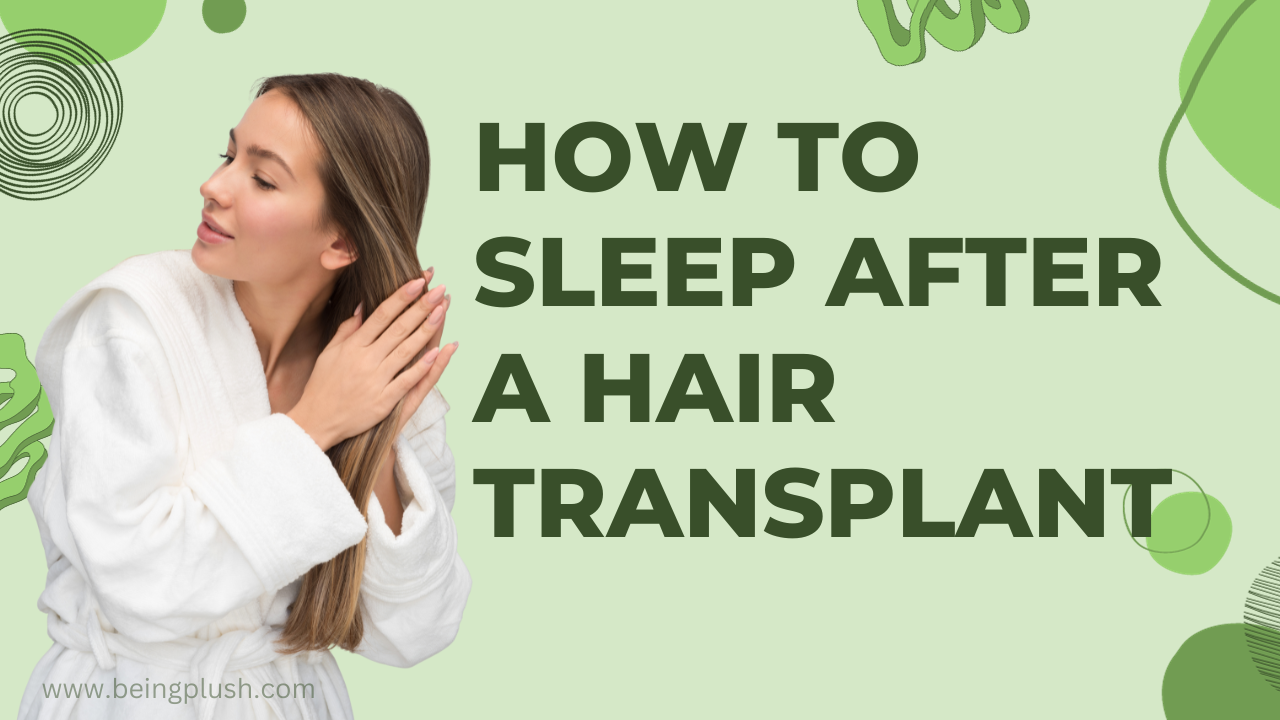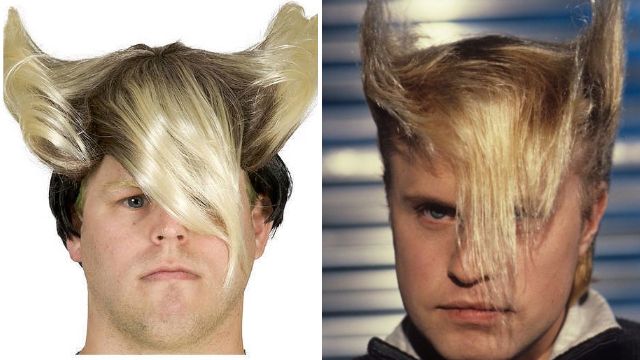How to sleep after a hair transplant?
A big step towards getting the look you want and restoring your confidence is starting the hair transplant journey. Nonetheless, post-operative care must be carefully considered, particularly in terms of getting a decent night’s sleep. This comprehensive guide will go over the best ways to sleep following a hair transplant, ensuring maximum healing and comfort during the critical healing phase.
Understanding the Importance of Sleep After a Hair Transplant
1. The Healing Process
Hair follicles from one area of your scalp (the donor site) are transplanted to another location (the recipient site) where your hair is thinning or nonexistent during a hair transplant. For the body to go through the natural healing processes, such as cell development and repair, which are critical for the success of your hair transplant, you must get enough good sleep.
2. Reducing Swelling and Discomfort
Sleeping in the right posture and with the right routines helps reduce swelling and pain after surgery. By adhering to suggested protocols, you can facilitate a more seamless recovery and enhance overall outcomes.
Tips on How to Sleep After a Hair Transplant

1. Sleeping Positions
- Back Sleeping: Opt for sleeping on your back during the initial days post-transplant. This minimizes direct contact with the transplanted area, reducing the risk of graft displacement.
- Elevate Your Head: Consider using an extra pillow or two to elevate your head slightly. This helps reduce swelling and ensures better blood circulation to the scalp.
2. Pillow Choice Matters
- Use a Neck Pillow: A neck pillow provides support and helps maintain a more stable sleeping position. Look for one that offers comfort without causing pressure on the transplanted area.
- Silk Pillowcase: Consider investing in a silk pillowcase. The smooth surface reduces friction, preventing damage to the grafts and minimizing the risk of dislodging them.
3. Avoid Pressure on the Transplanted Area

- No Direct Contact: Refrain from any direct contact with the transplanted area. This includes avoiding laying your head on the side or front immediately after the procedure.
- Protective Covering: If you find it challenging to avoid contact, ask your surgeon if they recommend a protective covering or bandage during sleep.
4. Mind Your Sleeping Environment
- Cool Room: Maintain a cool room temperature to prevent excessive sweating, which could irritate the transplanted area. Use light, breathable bedding.
- Darken the Room: Ensure your sleeping environment is darkened to promote uninterrupted sleep. Consider using blackout curtains or an eye mask.
5. Follow Post-Operative Guidelines
- Avoid Alcohol and Caffeine: Both alcohol and caffeine can interfere with sleep quality. It’s advisable to avoid these substances, especially in the hours leading up to bedtime.
- Stick to the Medication Schedule: If your surgeon has prescribed any post-operative medications, adhere to the recommended schedule. Some medications might influence your sleep patterns.
Long-Term Considerations
1. Gradual Transition to Normal Sleeping Positions
- Consult with Your Surgeon: As your recovery progresses, consult with your surgeon about gradually transitioning to more normal sleeping positions. They can provide personalised advice based on your healing progress.
2. Regular Follow-ups
- Stay in touch: Attend your scheduled follow-up appointments with your surgeon. They can assess your recovery and provide guidance on adjusting your routine based on your individual progress.
How to sleep after a hair transplant?

In summary, one of the most important aspects of the healing process following a hair transplant is learning how to sleep. You may facilitate a seamless healing process and improve the overall outcome of your hair transplant by implementing appropriate sleeping postures, selecting the right pillows, and setting up a comfortable resting space. Recall that every person’s recuperation is unique, so it’s critical to adhere to the tailored advice given by your surgeon. By making sleep a priority, you’ll not only help your hair transplant results but also enhance your general wellbeing during this life-changing time. You may also check out other related posts.


